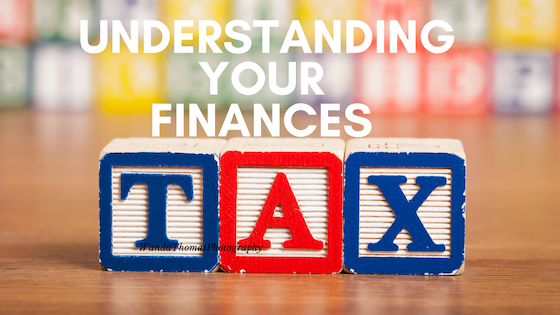
It’s TAX DAY!!!
Well I hope you didn’t wait until the last minute. I’m no math whiz but I do know a bit about business and getting things set. While it took me a while to really wrap my head around money and business (I had a lot of great help TRUST ME!) I want to impart what I learned on you today. I came into this business with only camera skills and even those where not that impressive but over 6 years both my photos and money skills grew and this is what I’ve learned,
SETTING UP A BANK ACCOUNT
Understand Your Finances If you want to operate as a professional photographer, you need to have a separate business account, especially when it comes to tax season. By having a separate business account you can keep your business and personal expenses separate too. Pay your personal account from your business account. Your bank will require a certificate of DBA before you can open a business account.
BOOKKEEPING
Personally, I love everything about being an entrepreneur, except for the paperwork. There’s nothing exciting about managing receipts and invoices or calculating tax. As a photographer you want to focus on your passion but very often the financial details can trip you up.
Regarding taxes…
I recommend hiring a CPA to do your taxes instead of trying to do it yourself. This expense is a tax write-off in itself and should help you save money in the long run. Plus, it will save you a lot of stress. Here are a few things to keep in mind with regards to your taxes:
- Equipment purchases. Your camera, lights, lenses, and other equipment are seen as fixed
assets that depreciate over time. On average, most photography equipment depreciates at a rate of 20% per year so if you’re planning to make a few large purchases, try to do it in the same tax year in order to take advantage of the full year deduction. This is why we always aimed to update
equipment at the end of the year if we found that we needed more deductions before tax time.
- Travel. If you’re photographing clients all over the city, or country, keep track of every receipt
including gas, insurance, and maintenance. Keep a log of your business mileage including client
travel and any coffee or food that you may purchase while meeting with your clients.
- Home expenses. If you work from home, you can deduct a percentage of your home expenses,
too. We converted the front room of our home into a studio and a meeting place for potential clients.
We also use a guest bedroom for office space.
Utilities, internet, maintenance, property taxes, mortgage interest, rent, upkeep, furniture for your office, and cleaning supplies are a few things that you can claim.
Remember, cash is a little more difficult to track and keep record of so whenever possible, use a business debit card or credit card to keep track of your purchases. You may even find that you can earn points at the end of the year and use them towards things like travel. If you’re out and about and you incur an expense for your photography business or you’ve paid cash and are concerned that you might lose the receipt, snap a photo of it with your phone and upload it to Dropbox or send
an e-mail to yourself. You might even want to set up an e-mail address such as [email protected]. If you’re out at the grocery store buying groceries and you remember you need some AA batteries for your flashes and decide to pick them up there, try to make two separate purchases so that you
can keep better track of your expenses.
Note: It is really helpful in the long run if you can set some time aside each week (or even once or twice a month) to update all your records. It’s easier to remember expenses around the time they are incurred as opposed to at the end of the year. Add it to your calendar, make it an appointment and stick to it.
- 17 Hats
- Shoot Proof
- Fresh Books
- Sprout Studio
- Quickbooks Online
*this post contains affiliate links which means I get paid if you sign up. Rest assured all views are my own and I would NEVER recommend a product that I haven’t tried first.